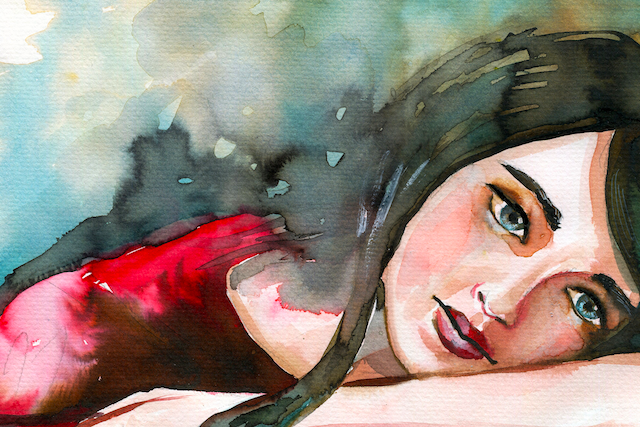
“You may not control all the events that happen to you, but you can choose not to be reduced by them.” ~Maya Angelou
I know what you’re feeling because I’ve been there. You’re sitting quietly with your pain asking yourself if the abuse really happened or if you just fabricated it in your mind like they said you did.
You’re wondering if you’re too sensitive. If you really did hurt them as much as they claim you did. There’s a small part of you that wonders if you actually deserved to be treated poorly because of what you said or did or because of who you are.
Deep down you know it was abuse, and even now as you break free, a part of you knows what happened to you was wrong, that it wasn’t your fault.
It’s hard to hear that part of you though. You’re numb, shut down, and drained. You don’t know what you want or what you need. You don’t even know what you should be doing right now or who you really are.
You’re not used to having the freedom to choose what you want to do. You became used to being told how you should feel and act.
“Does it get better, will it get easier, or will I always feel like this?” you ask.
I’m here to tell you that it can get better. If you do the work required to heal, not only will you be able to feel again, you will feel a sense of awareness unlike anything you’ve ever experienced before. You will clear away the ashes of these broken relationships and open yourself up to healthier ones. Relationships that affirm the person you have become.
People will tell you to get over your past and move on. Ignore that advice. Sometimes you can’t just get over something, especially if it was traumatic.
Instead, lean into your pain and understand it. Recognize the positive ways it has shaped you. Maybe because of it you’re more empathetic and more in tune to others’ emotions, and maybe, if you’re like me, you’re motivated to help others so that they’re not alone with their pain.
Ask yourself how the abuse motivated you. Did you strive to prove yourself and accomplish more than you ever thought possible? Were you able to unlearn the things they taught you about yourself? Are you where you are in life because of it?
I’m not saying that the abuse was a good thing. I’m saying that we can create good things as a result of bad situations. Lean into that and reflect on it, because I have learned that if you can find something positive to hold onto, it gives the pain a sense of transformative purpose.
Draw a picture, write a poem, or write a letter to yourself reflecting on what happened and try to let go of any thoughts, feelings, or beliefs that keep you stuck. Take your time, feel your feelings, and tell yourself your feelings are okay.
Sometimes when you have lived in survival mode for so long, having to shut off your feelings altogether, you can feel numb for weeks, months, or even years. When someone says “feel your feelings” you don’t even know what that means. Instead, you go through the motions pretending to feel what people expect you to feel, acting in the way that you think you should.
I want you to remember that you don’t have to force anything. There is no right way to feel in this situation, and no one has the right to tell you what you should and should not be feeling right now. These are your feelings and your lived experiences.
If you’re feeling numb you might ask, will I ever feel again? In time you will, and if you give yourself permission to feel whatever it is that you have suppressed things will get easier and you will start to feel like yourself again.
I have learned that you can only suppress feelings for so long before they bubble to the surface forcing you to feel the pain, to relive the experiences and actually feel them.
It sounds scary, and I’m not going to tell you it doesn’t hurt. But feeling the pain will make you feel whole again because not only have you numbed the bad things, but you’ve numbed the good as well. Feeling the pain will lead to a sense of peace and you will be able to experience joy and happiness again. I know because I have been there.
Get to know yourself. The abuse caused you to lose sight of your wants, needs, feelings, and sense of self. Now you have the exciting task of rediscovering those things and reinventing yourself.
You might think that getting to know yourself is selfish or that focusing on your own wants and needs is wrong. There is nothing wrong or selfish about learning about yourself. In doing this you will be in a better position to help others; you will be happier, healthier, and become the person you were truly meant to be.
Ignore the voice inside your head that says, “I can’t, I am not good/capable enough.” Ask yourself where that voice came from. It is really your voice, or did someone else’s voice find its way into your head?
How can you rediscover yourself when you don’t even know who you are or what you want anymore? Start small—notice the foods you like to eat and take note things you enjoy doing. Sign up for personality and aptitude tests such as The Myers Briggs, The VIA institute, and Best Instruments. Don’t use these tools to define you but as a guide to help discover yourself.
Ask yourself hard questions such as: What do I want my life to look like? What activities bring me joy? What have I always wanted to do, and what have I regretted not doing in the past? Maybe you’ve always wanted to travel the world, attend university, take a cooking class, learn to play a musical instrument, run a marathon, or own a pet.
Open a notebook or a word document and write down 100 things that you want to do, see, achieve, learn, or experience. Don’t think, just write in a stream of consciousness. If you start to think when doing this activity, you will start to second guess yourself.
Once you’ve written as many things as you can think of, put the notebook/Word document away. Return to it a few days later and ask yourself how many of these things you can do now, in the next six months, in the next year, or in the next ten years. Then start making a plan.
I do this activity every year, and every year It helps me rekindle my passion for life and create a sense of purposeful focus.
You might think you don’t deserve the life you dream of, but the truth is that you do! Your happiness and fulfillment matters.
You might think you can’t do any of the things you put on your list, but I’m here to tell you that you can! You might need to take baby steps, but the smallest steps toward the life you want are still steps in the right direction.
If you want to go to college/university start by exploring schools/prospective programs. If you want to become a chef, start by asking if you can observe/volunteer to help a local chef. If you want to start your own business, start by doing some research about what resources you might need or what skills you might like to develop.
If you want something badly enough you will explore limiting beliefs, thoughts, and feelings that prevent you from achieving your goals, and you will find a way or maybe even find something along the way that’s better.
If you think that the people in your life might try and dissuade you from pursuing your new goals, hold on tight to these dreams and keep them to yourself. I have learned that sometimes showing people that you have enrolled in college or taken some form of action is much better then asking for their permission or giving them room to judge you.
Remind yourself that you don’t need to have everything figured out, that you don’t always need to know what is going to happen next. If you take positive steps toward the life you want, you will see progress over time.
Let yourself dream, let yourself feel, and give yourself permission to be the amazing person you are.
If you start to discover yourself and learn to live with the abuse that has shaped you, life will be better then you could ever have imagined. A life of fulfillment, happiness, positive relationships, and achievements greater than you could have ever imagined is possible. And no matter what your abuser told you, you absolutely deserve it.
![]()
About Jen Hinkkala
Jen Hinkkala is PhD student, researcher, and teacher of arts education in Canada. As a researcher Jen strives to understand what factors and experiences lead to higher levels of wellness, resiliency, self-care among arts educators and students. Jen is also a life coach and specializes in self-care, well-being, time management, performance anxiety, estrangement, overcoming abuse, career paths, and anxiety. Jen runs a support group for estranged adults and a group to support personal development.
Get in the conversation! Click here to leave a comment on the site.
The post If You’ve Been Abused and You’ve Lost Your Joy and Sense of Self appeared first on Tiny Buddha.
from Tiny Buddha https://ift.tt/3fdwhkB


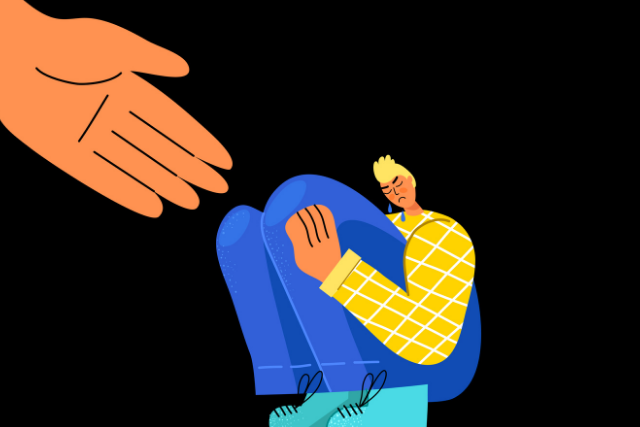
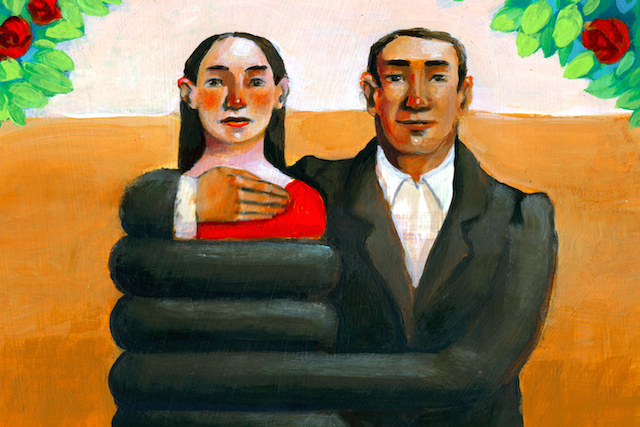


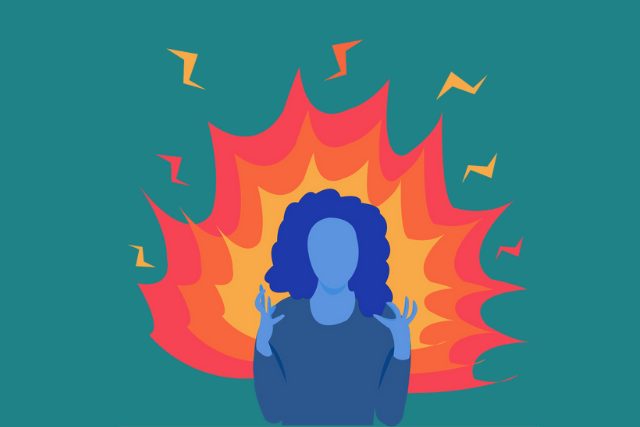
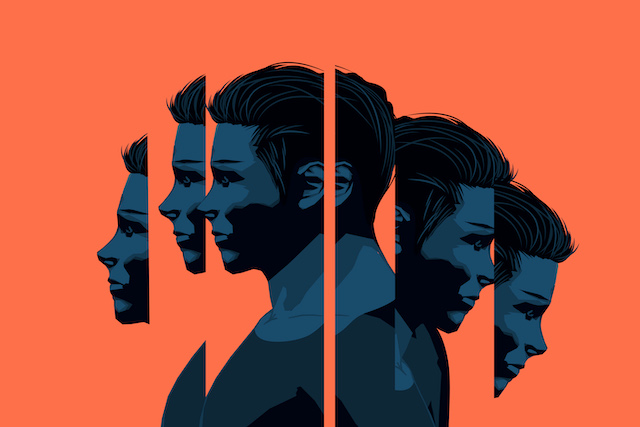
![How to Access Awakened Consciousness Through Meditation [Free eBook] How to Access Awakened Consciousness Through Meditation [Free eBook]](https://cdn.tinybuddha.com/wp-content/uploads/2021/07/640x427-Ebook-UPM.jpg)